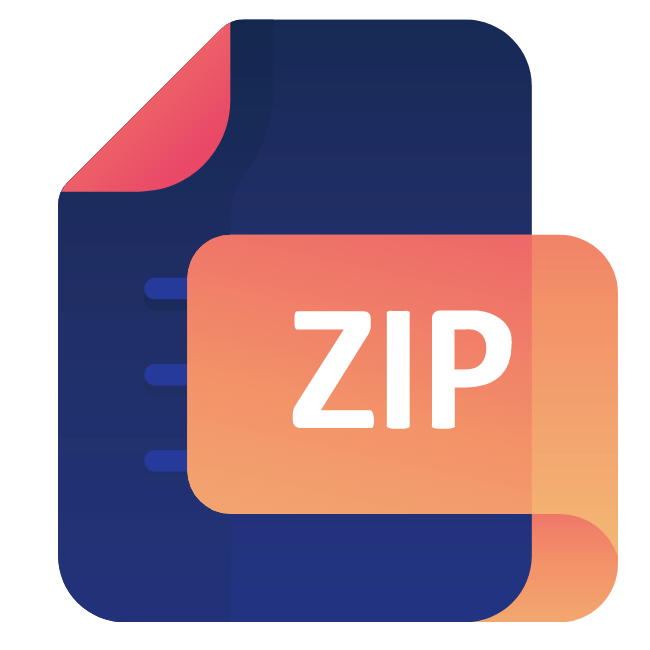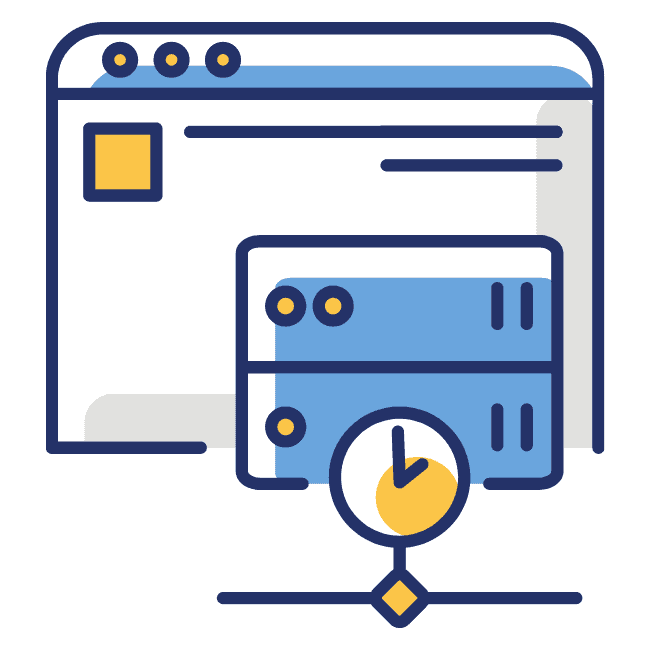A CDN (Content Delivery Network) is a network of proxy servers and data centers. The servers and data centers are spread out across the world and provide fast delivery of internet content.
How Do CDNs Work
Normally, when you type a URL into the address bar, that information is sent from the sites origin server to your browser. With a CDN, that information is going to the browser from a proxy server that is held by the CDN. This allows content to come from a proxy server that is geographically closer to the individual user. By doing this, the amount of time it takes to load a page is greatly reduced.
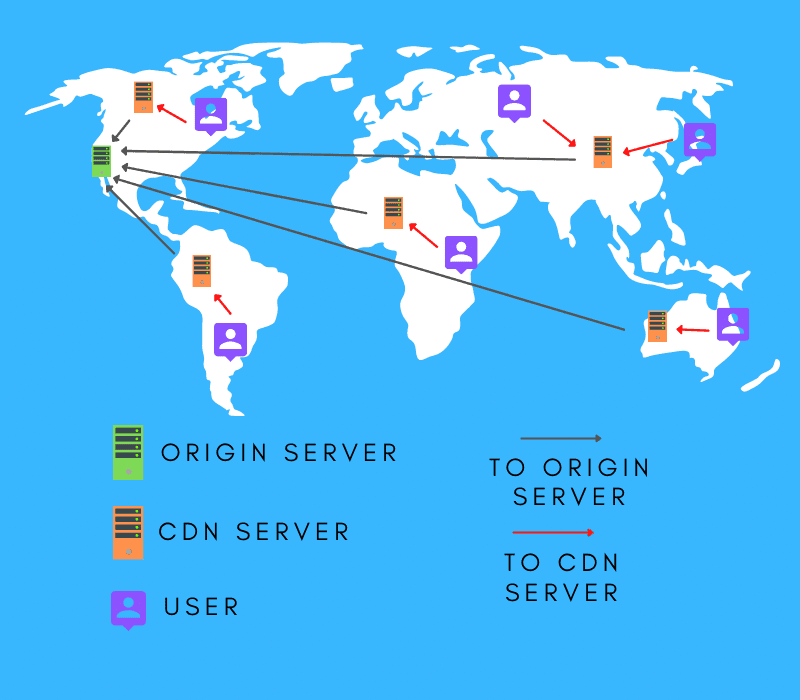
Benefits of Using CDNs
CDNs are becoming the standard for delivering internet content. They deliver results that are nearly impossible to get on your own. This is why big companies like Facebook, Amazon and Netflix all use them. It’s not just big companies that are taking advantage of everything CDNs offer though. Little companies, like this website, use CDNs with amazing results. Let’s run through some of the benefits:
Performance
CDNs deliver faster load times by reducing files sizes and decreasing the distance between where content is stored (server) and where it is going (end user). Websites using CDNs can see a 50% (or greater) reduction in load time. It’s hard to beat those kinds of results.
Reliability
Since CDNs have their own severs and data centers, they are more insulated from damage to a specific location. This is because they spread their servers and centers out across the globe. If one location goes down, they can rely on other locations to pick up the slack.
Cost Savings
Web hosting providers typically charged based on the amount of data used. CDNs serve up most of the content so less data is actually coming from the server of origin. Your company (and traffic) can continue to grow without breaking the bank on expensive web hosting charges.
Security
CDNs are able to to fend off DoS and DDoS attacks. These kinds of attacks rely on overwhelming a network. CDNs can handle these traffic spikes, even if they are malicious, by transferring some of the traffic to another server.
Best CDNs
Here are my top 3 picks for best CDNs. All three of these companies offer comparable service in terms of speed and reliability. Any one of them would be a good choice. In general, they all offer:
- Faster load speeds
- Caching
- Firewalls
- Image optimization
- Dynamic content routing
- API
- SSL
- CMS integration
- And much more
Cloudflare

Cloudflare is an industry leader and is trusted by millions of people worldwide. They have over 250 data centers worldwide which allows for very fast page load speeds. One thing that sets Cloudflare apart is their free version. That’s right. You can get started with Cloudflare for free. For small websites, this is all the service you will need.
You can get some additional features like bot mitigation and more analytics about your web traffic with the pro plan for $20/month.
If you run an eCommerce site that requires more security and better performance, they have a business plan for $200. This plan is built to protect you and your customers while also delivering the fasted speeds possible.
Finally, they offer an enterprise plan. These are custom plans and you need to contact Cloudflare directly to get set up.
KeyCDN
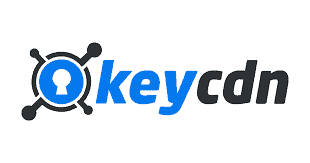
KeyCDN runs on a “pay as you go” model. In North America and Europe, the first 10 TB/ month costs $0.04 per gb. This gives you access to everything KeyCDN offers, as well as free 24/7 support. The best part is there is the minimum fee per month is only $4. That is very low compared to the competition.
KeyCDN has no contract, so if you don’t like the service, you can simply opt out at any time. This is a great option for anyone getting started. You can get started for very little money and they plan will grow with your business.
Fastly
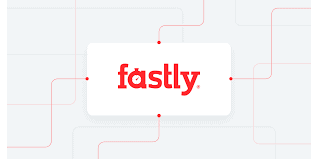
Fastly is another industry leader. They deliver fast, reliable service and they use a “pay as you go” pricing system. The first 10 TB are $.12/ per gb. On their pricing plan they say this is about $0.0075 per 10,000 requests. They charge a minimum of $50/month and offer a free one month trial (up to $50 worth of service.)
Do I need a CDN?
Do you need a CDN? As with most things in the world… it depends. If you run an eCommerce site, you will want a CDN. Most of the standard hosting companies won’t be able to deliver the speeds of security you will require. In order to stay competitive, you will want to get a CDN.
The exception to this would be a Shopify site. The reason Shopify would be an exception is because they already integrate Cloudflare and Fastly CDNs in their infrastructure.
If you are just starting a blog, you probably don’t need one, but it would be helpful. Luckily hosting companies like Hostgator already include the free Cloudflare plan with their service. Remember, this is the free plan, so if your business grows, it will be up to you to upgrade that service.
For everyone else, a CDN is a good idea. Google has said load speed will start to play a bigger role in what gets ranked. CDNs are becoming the standard, so if you aren’t using one, you will be at a disadvantage.
If you want to check your site speed go to Google speed insights. This will let you know how your site is performing. You will be provided with some key metrics and suggestions based on the results. It’s a good idea to check this every so often, just to make sure everything is performing how it should.
And that’s it. Good luck out there.


